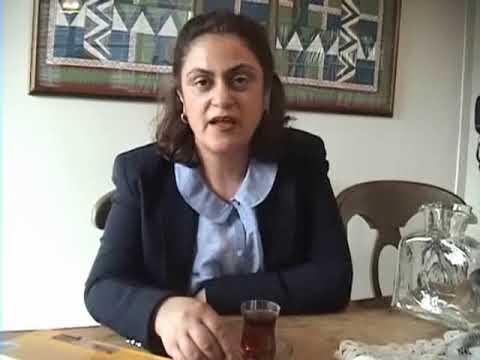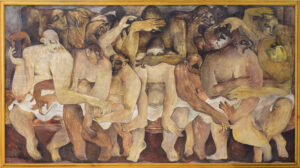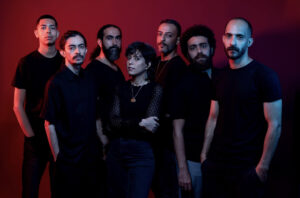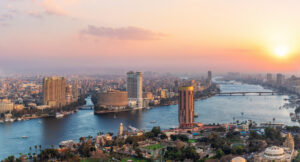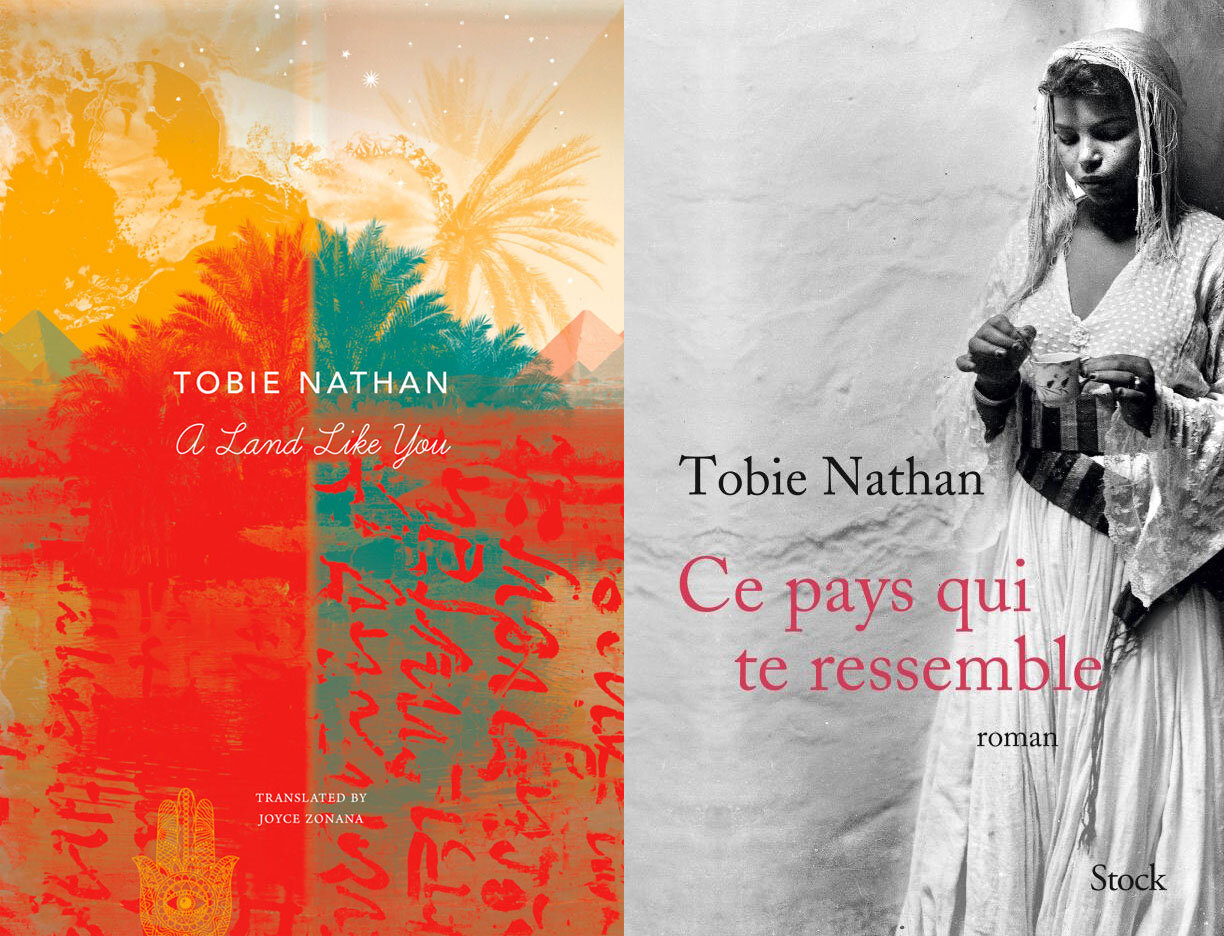
A Land Like You, novel by Tobie Nathan
Translated by Joyce Zonana
Seagull Books (2020)
ISBN: 978-0857427885
Originally published as Ce pays qui te ressemble
Editions Stock (2015)
Ella Shohat
Berlin
In this mixed-genre fictionalized history and fantastical tale, Tobie Nathan’s A Land Like You offers a poignant account of the last five decades of Cairo’s Jewish community, prior to its calamitous departure for other lands in the 1950s. The socio-political turbulence of the period is mesmerizingly interwoven with the animated quotidian of life in the old Jewish quarter, Harat al-Yahud, represented with its manifold class, gender, religious and ideological dissonances. Although the focalized Harat is endowed with subjectivity, the novel eschews a ghettoized prism; rather, it vividly depicts a place of constant movement and flow between the city’s Jewish community (Rabbinates and Karaites) and multiple other communities, including Copts, Orthodox, Greeks, Armenians, along with Muslims, especially those living in the old part of Bab Zuwayla.
Through a cornucopia of sensuous allusions to aromas, dishes, amulets, prayers, saints’ tombs, songs, dances, films, and witty colloquialisms, the reader becomes a privileged witness to an Egypt characterized by an intimate cultural continuum between Jews and their neighboring Muslims. Sex, pregnancies, birth, breastfeeding, ablutions, illnesses, desire and death all intersect, revealing shared rituals, beliefs, hopes, and fears.
Jews and Muslims live side by side, in the same way that a man, as the protagonist’s mother Esther puts it, “might live with his own innards.” After all, she reflects, Jewish tales fill the Qur’an, and the Arabic tongue fills Jewish mouths. So “why,” she muses “aren’t they us? Why aren’t we them?” Indeed, this cross-religion intimacy is allegorized in the forbidden desire between Esther’s son Zohar/Gohar (Arabic for jewel, in the Egyptian pronunciation), and his Muslim milk-sister, Masreya (Egyptian, in the Arabic feminine). Transgressing traditional taboos around relationships between milk-siblings as well as between religions, the romance creates a veritable “rupture in the world’s order.”
In the perilous post-partition moment, their love and separation become entangled with the clash of newly emerging political forces. The novel displays a broad spectrum of the various ideological paths taken by Jewish youth—monarchism, capitalism, anti-colonialism, communism, Zionism, Arab nationalism, and even Islamicism. Yet throughout, A Land Like You rejects the newly circulating idea that one cannot be both Jewish and Egyptian. The novel maintains a consistent lyrical homage to the land, for example through the protagonist’s emphatic pronouncements that Egypt as umm al-dunya (the mother of the world) is also his mother. “Egypt is my mother,” he asserts defiantly, “the womb of all my thoughts. It is the substance from which we were made,” and “the Nile is the artery that irrigates our bodies.” In metaphorical claim to indigeneity, he compares Egypt’s Jews to “the young water buffalos, kneaded from the Nile’s mud, the same dark color as the natives.”
A Land Like You gives a palpable sense of a community that could not have imagined its own uprooting out of Egypt. Writing in 2015, more than half a century after the displacement, the author confronts the momentous political shift that turned Jewish-Egyptians into “foreigners” — resulting from co-implicated political upheavals in the wake of Palestine’s partition, the establishment of Israel, and the Arab/Israeli wars. Interlaced throughout the novel, expressions concerning rooted homeness in the land come to form a response to the fixed notion of “the real Egyptian,” a discourse that came to exclude Jews. Hence, the novel not only portrays a community immersed in Arab culture but also relays a historical narrative of a pre-Arab Jewish past: “We Jews of Egypt, we were there with the Pharaohs, then with the Persians, the Babylonians, the Greeks, the Romans; and when the Arabs arrived, we were still there . . . and also with the Turks, the Ottomans . . . We are indigenous, like the ibis, like the water-buffalo calves, like the kites.” And this claim for a millennial history in the land is soon juxtaposed with the elegiac lament: “Today, we are no longer there. Not one remains. How can the Egyptians live without us?”
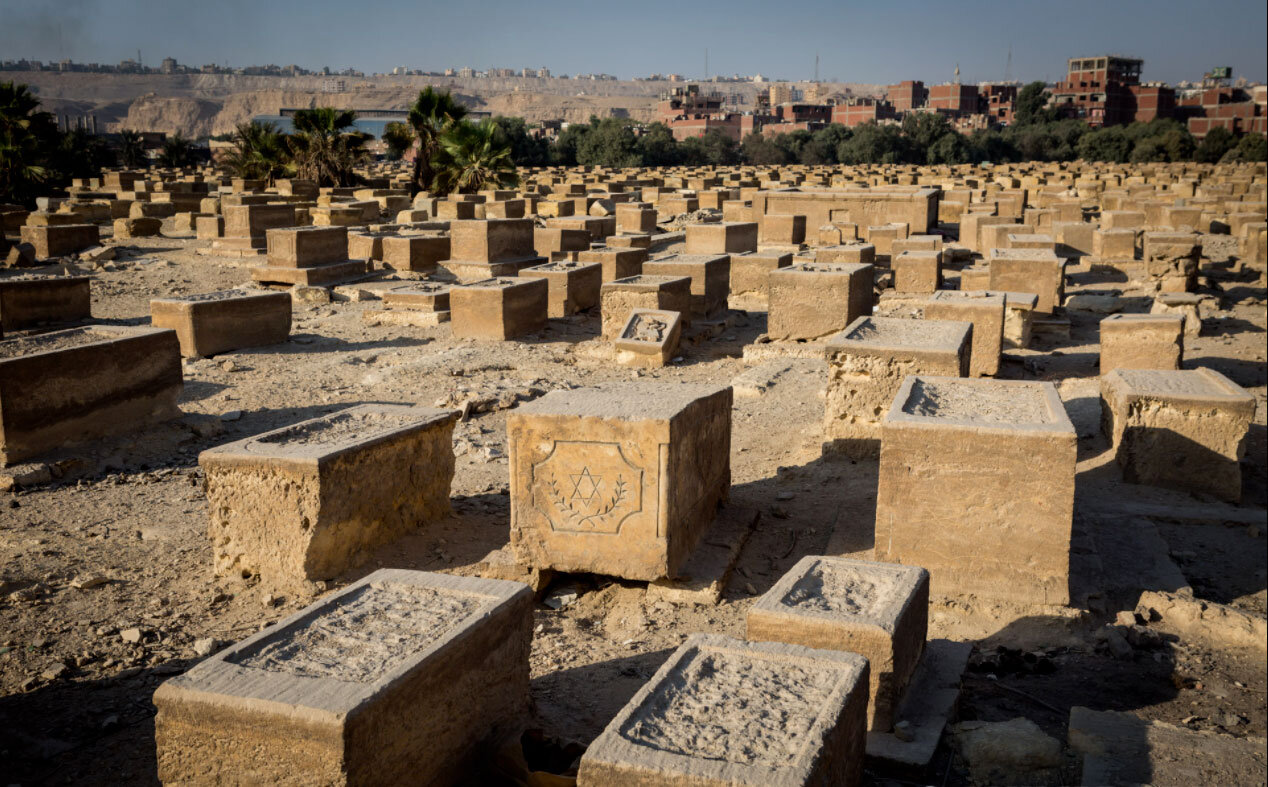
The novel repeats this rhetorical question, highlighting a sense of rejection, the injured ego of a lover abandoned. And yet within his own interior monologue, the protagonist refuses to forego Egypt. Possessed, as it were, by the divine voice of Asmahan, star of the Egyptian screen, he remembers her singing “Ya habibi ta‘ala” (“Come, O my beloved, come!”). Indeed, one of the book’s evocative epigraphs cites the refrain from this song about love and the pain of separation: “Come, my beloved / Come join me / Look at me, see the effect of your absence / How I’m reduced to speaking with your ghost…” Within A Land Like You the quoted passage comes to allegorize the suffering inflicted by a communal absence, of becoming a specter in the land once your home. Mediated by Zohar’s recollection, the lyrics only re-accentuate a desire to become the addressee of the ta‘ala call. Farid al-Atrash’s composition as a hybrid of Latin-Arab Tango, allows for a mournful sentiment to co-exist in dissonance with the pleasure of a sensuous rhythm. In Nathan’s novel, the remembrance of things past constitutes an emotionally ambivalent act.
The reader’s advance knowledge of the actual historical outcome — the traumatic dislocation of Jews — haunts the novel from the outset, as if in an Egyptian variation of the theme of the inexorable Fate in Greek tragedy. In different intertextual terms, the dispersal accentuates the unhappy confluence between two narratives of departure from Egypt — the Biblical exodus from slavery, on the one hand, and, on the other, the modern dislocation of the Egyptian-Jewish community without a possibility of return. The novel provides a kind of emotional cartography as each chapter is titled after the name of a street, a neighborhood, a location, ending up in Rue de Fleurus in Paris, in spatial terms encapsulating a melancholy exilic condition that cannot fathom its own absence. The protagonist addresses his motherland in a mixed tenor of longing and ironic resentment: “Today, we are no longer there. Egyptian brothers, dwellers in a land of relics, what you’re left with are pyramids and a few empty synagogues. Take care of them! How can you live without us?”
Read an excerpt of A Land Like You
Rendered in Joyce Zonana’s masterful translation, A Land Like You introduces the English reader to Nathan’s dazzling novel, where French stands in, as it were, for the polyglossia and heteroglossia within and across languages. The French prose mediates Arabic and its various accentuations, along with invocations of Hebrew, Aramaic, Spanish, Greek, Italian, Turkish, English, and the linguistic amalgam called Sabir. And although written in French, the language itself, in turn, is also mediated through the Arabic-speaking diegetic world as the Egyptian characters learn or happen to encounter the foreign European tongue. French in this sense becomes a distanced object even though it is the language of the novel.
Whether through their fluent or broken form, the languages converge in the text to stage Cairo’s multi-layered itineraries of belonging. The translator Joyce Zonana is herself an author of a thematically related memoir about her own displacement from Cairo to Brooklyn, entitled Dream Homes: From Cairo to Katrina, an Exile’s Journey. The translation benefits from Zonana’s deep familiarity with the world depicted in the novel, making tangible to the English reader the linguistic syncretism as shaped in the wake of imperialism and postcolonial displacements. Thus despite the English translation being undertaken in New York, and despite the novel having been written in Paris and in French, the text reverberates with the exilic impossibility of parting from umm al-dunya, epitomized in the protagonist’s concluding sentiment: “Although I left Egypt, Egypt never left my soul.”
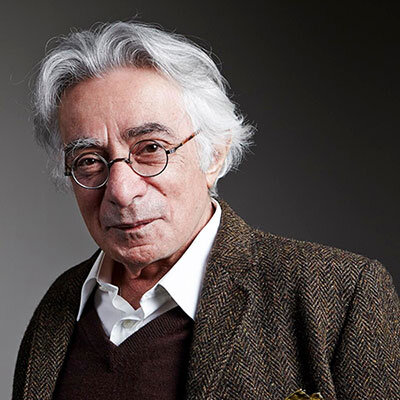
— • —
Professor emeritus of psychology at Université–Paris VIII, Tobie Nathan is the author of a dozen novels and numerous psychoanalytic studies. Born to a Jewish family in Cairo in 1948, Nathan had to flee his country with his family following the 1957 Egyptian Revolution. Educated in France, Nathan is a pioneering practitioner of ethno-psychiatry, and in 1993 he founded the Centre George Devereux where he worked primarily with migrants and refugees. He has served as a diplomat in Israel and Africa and is a Chevalier de l’ordre des Arts et des Lettres. In 2012, he received the prestigious Prix femina de l’essai for his memoir, Ethno-Roman, about his life as an Egyptian Jewish immigrant in France. The original French edition of A Land Like You was shortlisted for the Prix Goncourt in 2015.
Joyce Zonana is a writer and literary translator and professor emerita of English at the City University of New York.




